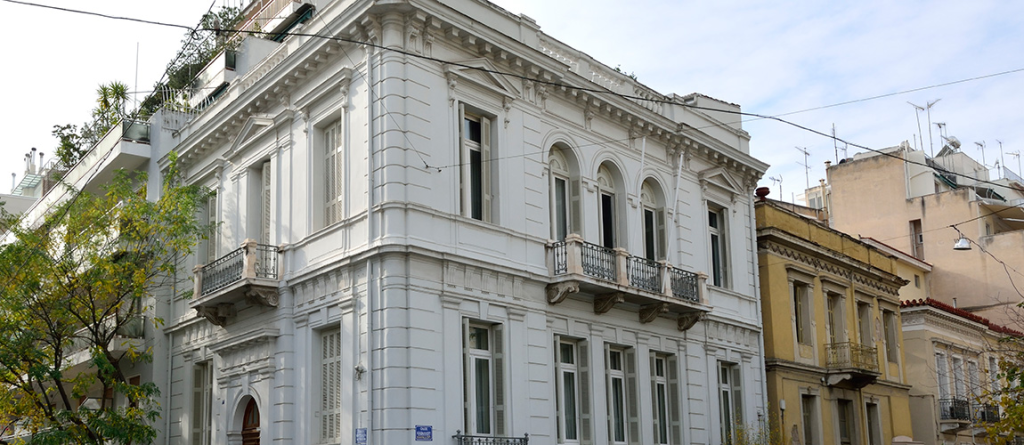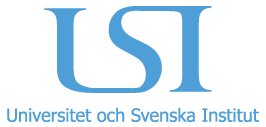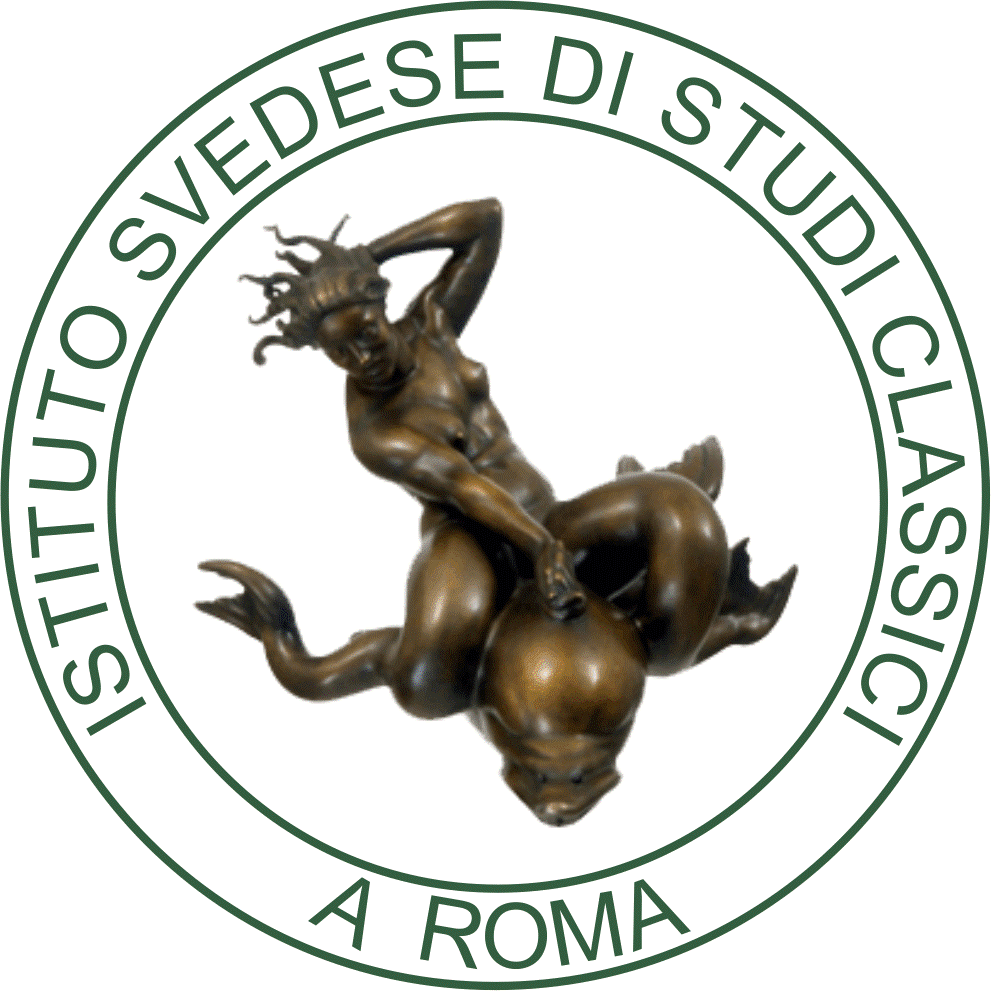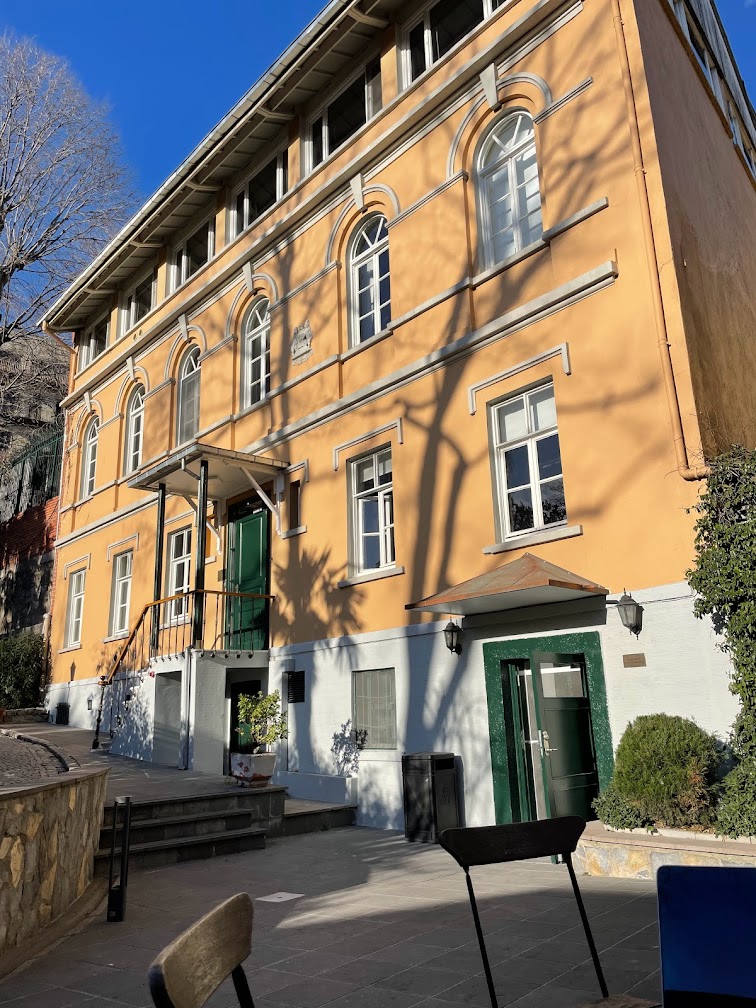The Swedish Research Institutes in Athens, Istanbul, and Rome are platforms for Swedish humanities and social science research on-site in the Mediterranean region. They are part of extensive scientific networks, along with local and international universities, libraries, museums, research institutions such as foreign institutes, archives, and cultural heritage authorities. The Institutes provide workplaces and subsidized guest accommodations as well as extensive library resources and archives. The Institutes organize seminars, workshops, courses, and major scientific meetings on their own and in collaboration with others. The academic courses and seminar activities are carried out in close cooperation with Swedish universities, for example, within the framework of the USI network. The scientific staff on-site offer expertise in areas such as classical archaeology and ancient history, Byzantine studies, art history, and religious studies. The Institutes’ research services include facilitating contacts with authorities, cultural heritage and research institutions, as well as other scientific actors on an international level.

The Swedish Research Institute in Istanbul (SRII)
SRII offers a local academic platform for Nordic researchers coming to Istanbul, including a library, guesthouse, workspaces and an auditorium. The institute awards scholarships for longer or shorter stays to students and researchers, and it organizes conferences, seminars and workshops, doctoral and master’s courses. SRII serves as both a hub for Nordic researchers, a local node for Turkish and international research, and a bridge between Turkish, Nordic and international scholarship.
Among the many research areas represented at the Swedish Research Institute in Istanbul (SRII) are archaeology, art and architectural history, classical and Byzantine studies, Ottoman and modern Turkish history, West and Central Asian languages and literatures, religious history and religion, political science and international relations, social anthropology and sociology.
In addition to regular lectures and seminars in Istanbul, SRII also organizes public and internal events in Sweden, and hosts three different publication series: Transactions, which is aimed at an international academic audience, the Swedish yearbook Dragomanen, and the newsletter Kalabalık! The institute is organized around a collegium of scholars under the leadership of a board in Stockholm. It is further supported by a friends’ association.
The initiative to establish a Swedish research institute in Istanbul dates back to the last years of the Ottoman Empire. After an initial attempt to create an infrastructure for Swedish researchers in Moda on the Asian side of Istanbul (1922-24) was abandoned due to lack of funds, it was not until 1962 that a new initiative, this time with the support of both academia and foreign authorities, could offer a research residence within the Swedish Consulate General, formerly the embassy, in Beyoğlu, where the institute is still located today.
More information: www.srii.org & https://www.instagram.com/sri_istanbul/
The Swedish Institute of Classical Studies in Rome

The Swedish Institute of Classical Studies in Rome is an institution for research and higher education within the fields of classical archaeology, history of art and architecture, classical philology, as well as cultural history and literary studies, with a geographical focus on Italy and the Mediterranean context. The Institute offers annual research fellowships and organizes courses for graduate and doctoral students within the disciplines of classical studies and art history in collaboration with universities in Sweden. In addition to research funding and education, the Swedish Institute in Rome seeks to promote an international academic dialogue across disciplines through the organization of conferences, workshops, open lectures and seminar series. The Institute has a well-furnished research library, an archaeological laboratory, and guest rooms and smaller apartments available to fellows and visiting scholars. Founded in 1925 as a private foundation on the initiative of Crown Prince Gustav Adolf of Sweden, the Institute is today funded by the Swedish Ministry of Education (Utbildningsdepartementet), governed by a Board and a with a chancellery in Stockholm.
The Institute has several scholarships, look for application details on the website in the beginning of December each year.
More information: www.isvroma.org
Svenska Institutet i Athen

The Swedish Institute at Athens, founded in 1946, is non-profit research foundation financed mainly by the Swedish government through
The Swedish Institute in Athens (SIA, www.sia.gr) opened for activities in 1948. The Institute conducts research and provides higher education (BA, MA and PhD level) in Classical Archaeology, Ancient History with neighboring disciplines, and supports the cultural exchange between Sweden and Greece.
The institute’s focus is on Greek archaeology. We conduct archaeological fieldwork in several locations and also act as an intermediary between Swedish researchers who want to carry out archaeological work in Greece and the Greek Ministry. However, scholars and students from all disciplines are welcome to apply for housing and access the Institute’s scientific infrastructure.
A very important part of SIA’s activities is university level teaching. The Institute offers one or more courses in Greek archeology and history and related subjects every year, and occasionally organizes shorter excursions for doctoral students and researchers. The Institute also announces residence grants for advanced students and researchers, two semester-long and two month-long per year. Accommodation in one of the Institute’s four rooms (one single and two double rooms and an apartment) can in some cases also be offered without a scholarship.
Athens offers fantastic library resources: researchers and students can, for example, make use of the fine collections of the Nordic Library, which cover a wide range of topics variously related to antiquity (www.norlib.gr). It is moreover possible to access a plethora of other scientific libraries, archives, archaeological sites and museum collections in Athens and the rest of Greece via the Institute.
SIA regularly organizes seminars, conferences and workshops, either on its own initiative or in collaboration with Swedish researchers who wish to arrange an event at the Institute’s premises. Most of SIA’s arrangements take place in a hybrid format and can thus be followed from Sweden.
The cultural activities aim to promote a cultural exchange between Greece and Sweden. We present Swedish film, literature, art and music in Greece and vice versa, Greek culture in Sweden. One important goal is to create networks for a younger generation of artistic practitioners by arranging seminars in Greece where students of music and art, from the two countries, work on a joint project.
he Ministry of Education. The Institute opened its doors to scholars and students in 1948 and earned a full status as a so-called Foreign Archaeological School in 1975.
The Swedish Institute at Athens has representatives from Classical Archaeology, Ancient Greek and Art History in their board. The government appoints the chairman of the board and most of the Institute budget is financed by the government.
According to its statues, the mission of the Swedish Institute at Athens is to conduct research into the culture of ancient Greece, provide higher education in the field of the culture of ancient Greece in order to enrich our own culture and to stimulate and support the cultural exchange between Sweden and Greece.
This mission is mainly carried out in Greece, where the Swedish Institute at Athens has the status of a Foreign Archaeological School. This brings the privilege of being able to conduct archaeological field research in Greece. There are currently 19 such research and educational institutions in Athens, whose status and functions are defined in the Greek law of antiquities. In accordance with this law, the Schools should administer all archaeological research conducted in Greece by scholars of their home countries. The schools can conduct archaeological fieldwork on Greek soil on certain conditions, including that they present their recent work during a yearly open meeting, that they publish the results of their work in an international scientific journal and that they keep a research library that is accessible also to Greek scholars. (The Swedish Institute provides, together with the Danish, Finnish and Norwegian Institutes at Athens, the Nordic Library).
More information: www.sia.gr
Financing a visit to an Institute
Doctoral candidates and teachers can apply for Erasmus+ Staff Training Grant at your home university to cover expences for travel and stay at an Institute. Doctoral candidates and masters students can also apply for Erasmus+ Student Internship. Please contact the Erasmus+ coordinatior at your home university to find out the details for applying to these grants.



